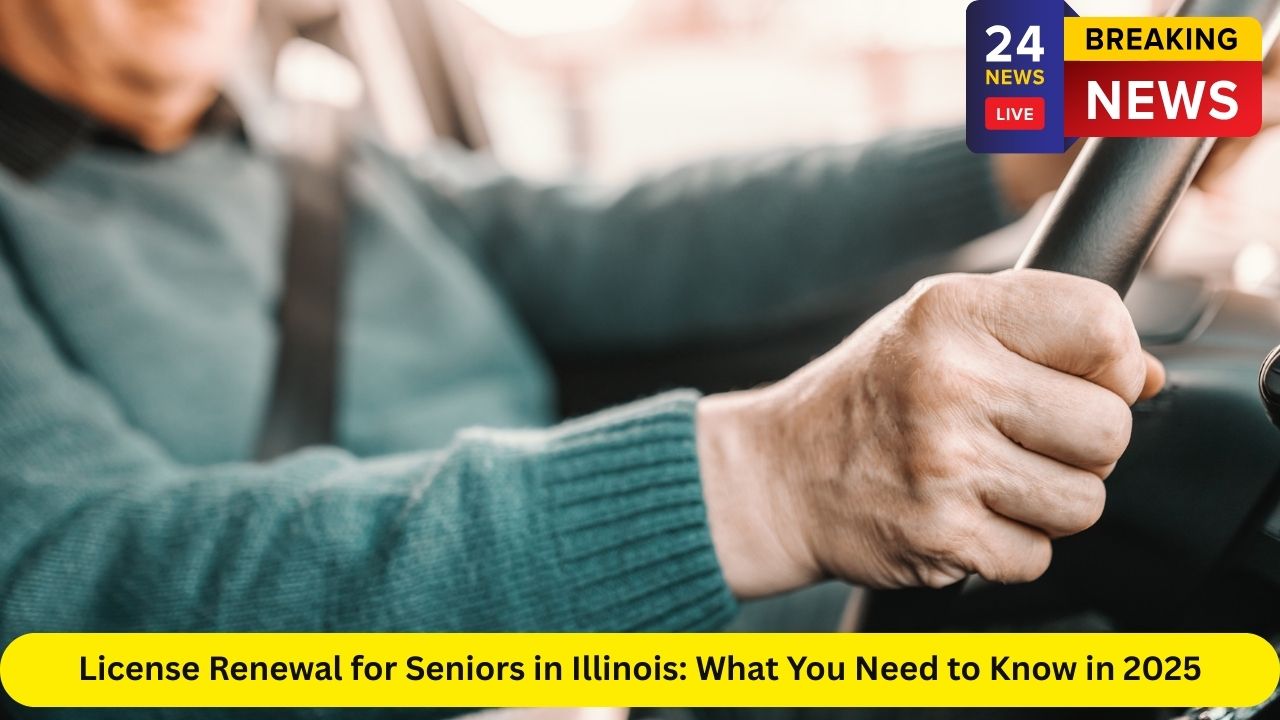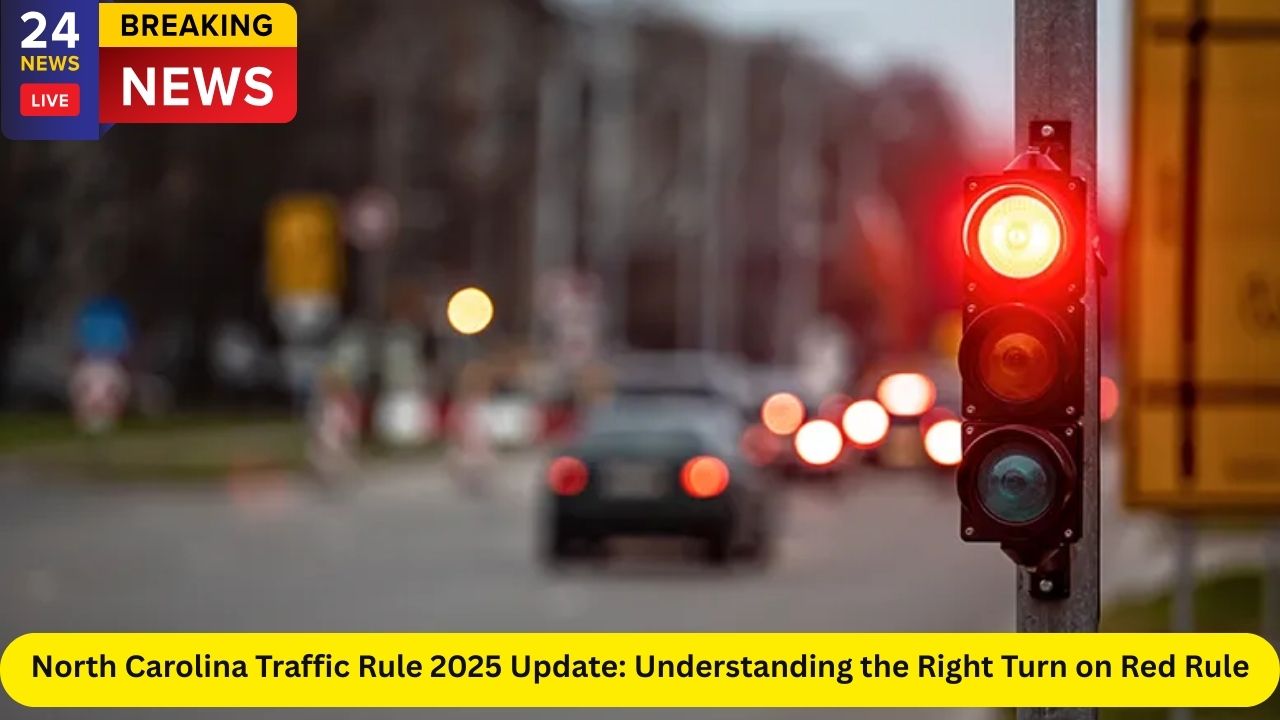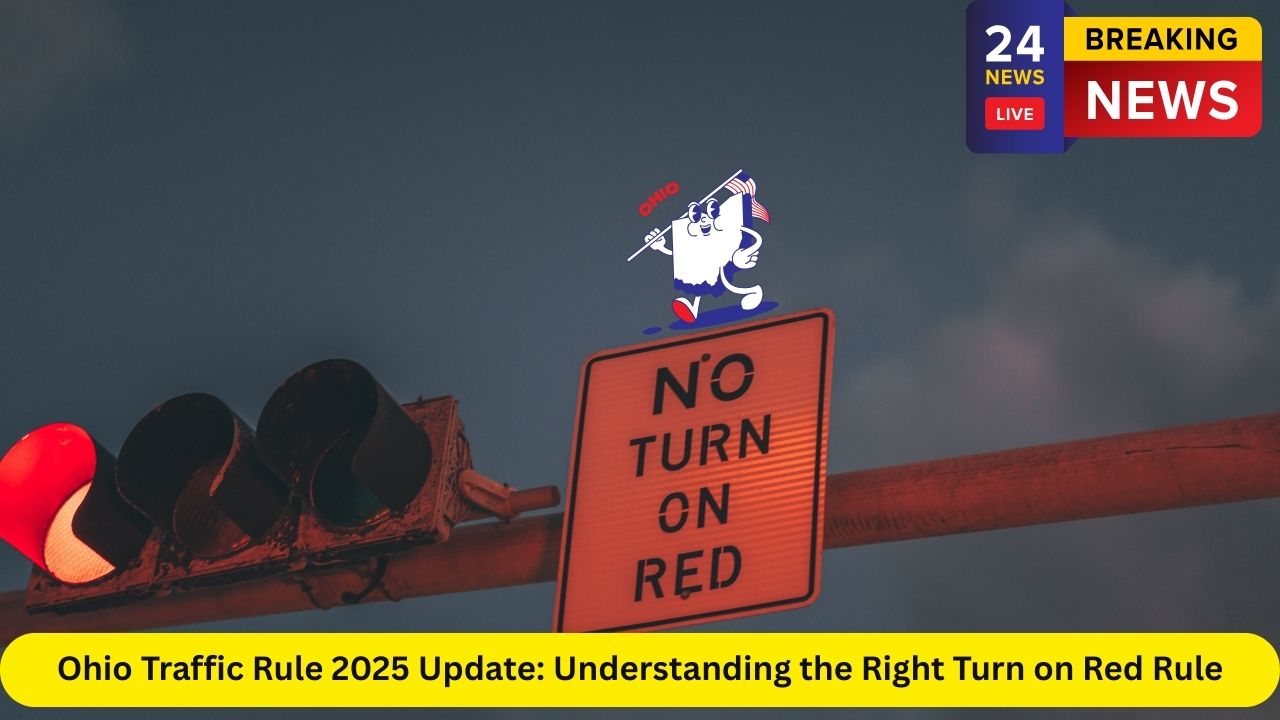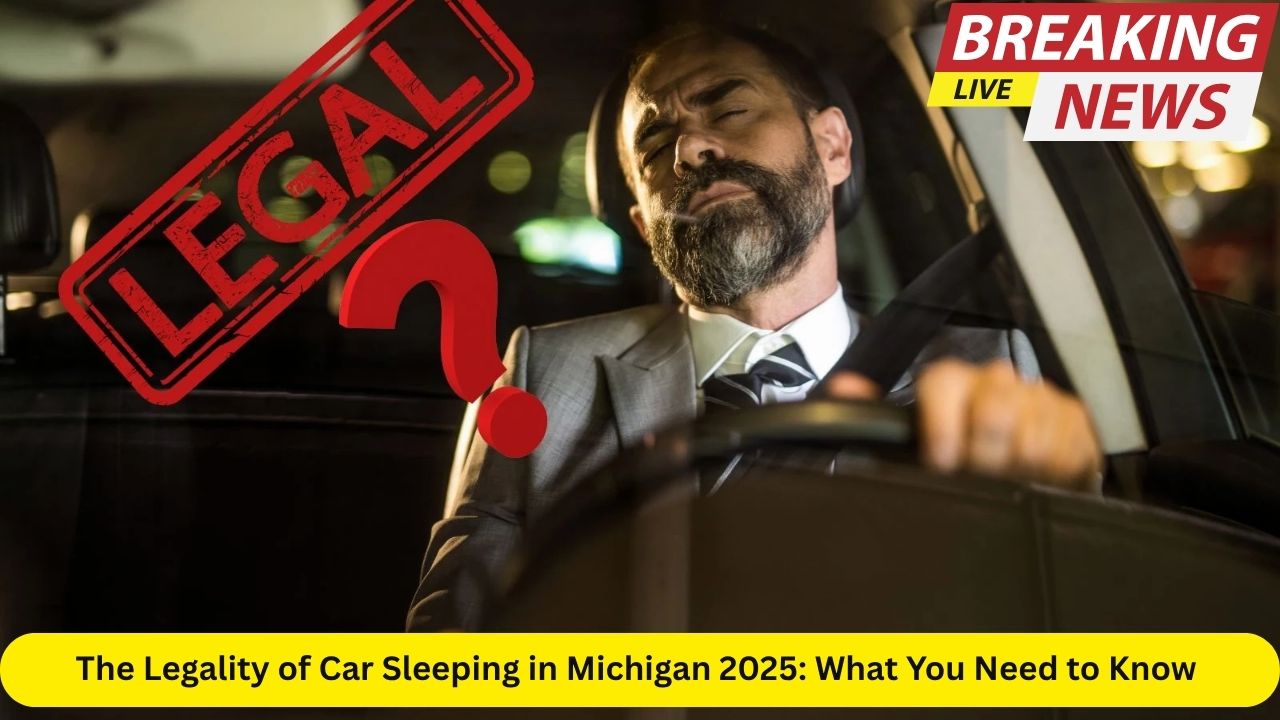Every driver’s license must be renewed periodically, but for Illinois residents aged 65 and older, the process has unique nuances. In 2025, the rules governing license renewals for seniors in Illinois have evolved, reflecting changes in state legislation, safety studies, and public sentiment. If you’re in your golden years and hold an Illinois driver’s license, this guide will walk you through everything you need to know: renewal frequencies, required tests, recent law changes, helpful resources, and tips for making the process smooth and stress‑free. No confusion, just clear facts.
Who Counts as a “Senior Driver” in Illinois?
In Illinois, the term “senior driver” typically refers to individuals aged 65 and over. Yet, the most significant changes in licensing rules occur at age thresholds of 75, 79, 81, and 87. These age markers determine:
Whether the renewal must occur in person,
Which tests must be passed (vision, written, or driving exam),
And how often licenses must be renewed.
Let’s break it down.
Renewal Frequency by Age Group
Age 65–80
Licenses expire every four years, aligning with standard renewal cycles in Illinois. Renewals can typically be completed online, by mail, or in person—unless other restrictions apply.Age 81–86
Renewal is required every two years, with in‑person visits mandatory.Age 87 and older
Seniors must renew their license annually, and must do so in person.
Required Testing and Examinations
1. Vision Screening
All drivers who renew in person—this includes everyone 75 and older—must pass a vision screening at the time of renewal. Alternatively, seniors can submit a recent vision specialist’s report (conducted within six months) from an optometrist, ophthalmologist, or physician.
2. Written Test
Not automatically required by age, but triggered if you have a traffic conviction or accident on your record. Written exams apply at least once every eight years in most cases, and are required at each renewal if your driving history indicates it.
3. Driving (Behind‑the‑Wheel) Test
Previously, all seniors aged 75+ were required to complete a full road test when renewing. However, recent legal changes have altered this significantly:
Those aged 79–86: Now only need a vision test and possibly a written exam—no driving test.
Age 87 and above: Must pass a driving test annually, along with vision and written tests as needed.
These changes ease the test burden for many older drivers while maintaining safety standards for the oldest drivers.
Recent Legal Changes: House Bill 1226 & “Road Safety and Fairness Act”
The most important shift in 2025 comes courtesy of HB 1226, dubbed the Road Safety and Fairness Act. Signed into law in mid‑2025, its main provisions include:
Raising the driving-test threshold: Seniors now only need to take the driving exam at age 87—eight years later than before.
Adjusting renewal intervals to two years for ages 81–86, with annual renewals for 87+.
Maintaining vision test requirements at renewal for in‑person visits.
Allowing family members (spouse, parent, sibling, child, etc.) to submit reports of potentially unsafe driving, alongside the existing framework involving medical professionals, police, or prosecutors.
This law reflects a growing consensus: age alone isn’t the best measure of driving ability. Crash data shows drivers aged 75+ have lower accident rates than many younger groups—validating the shift toward performance-based requirements.
The Renewal Timeline: What Every Senior in 2025 Must Know
| Age Group | Renewal Interval | Required Procedures |
|---|---|---|
| 65–80 | Every 4 years | Online/mail/in-person; general renewal; vision optional if not in-person |
| 81–86 | Every 2 years | In-person renewal; vision screening; written if convictions |
| 87+ | Every 1 year | In-person renewal; vision screening; written if needed; mandatory driving test |
Key deadlines to remember: You can renew up to one year early for four-year licenses, six months early for one-year licenses. Renewals must be completed by your birthday.
What to Bring to the DMV
Even for senior‑only facilities, it’s best to come prepared:
Current Driver’s License (or documentation if lost)
Proof of Vision: either pass onsite testing or bring a report from a licensed provider.
Identification: two documents proving identity and Illinois residency (e.g., birth certificate, utility bill).
Written Test Fees (if applicable).
Renewal Fee: varies based on license length and type.
Forms: Completed Medical Report or vision specialist form if required.
Help for Seniors: Special Facilities & Programs
Illinois provides several resources to support senior drivers:
Senior‑only DMV facilities. Located in Evanston, Bridgeview, Westchester, Calumet Park, and more, these centers accommodate seniors with shorter wait times and focused staffing.
Mobile Super Seniors Units. Visit libraries, community centers, and senior centers across the state. They offer in‑person renewals, vision tests, and educational resources.
Dedicated hotline: Call 800‑252‑8980 (press 2) for senior‑specific questions.
Benefit Access Program. Eligible older adults may get reduced-fee license plate stickers.
Homebound ID service. Deliver documents and ID to eligible homebound seniors.
Alternatives and Adaptations
If driving is becoming less comfortable:
Restricted licenses may be granted for driving only within specific areas.
Handicap placards are available for medical limitations.
Public transit, paratransit, or rideshare can be a practical alternative to personal driving.
Illinois targets driver safety while preserving independence. Many seniors choose to drive less at night, avoid highways, or limit travel to make driving safer.
Tips for a Smoother Renewal Experience
Schedule ahead: Book an appointment where possible, especially at senior‑only centers.
Gather documents early: Vision tests and medical forms often need preparation.
Practice written tests—free online practice materials (Rules of the Road) help refresh your knowledge.
Opt for early renewal to avoid last‑minute stress or missed deadlines.
Stay informed: Check the Illinois Secretary of State website for any updated procedures or temporary rules.
Why These Changes Matter
Reduces undue stress on seniors who previously faced road test requirements simply because of age.
Allocates DMV resources more efficiently, reducing lines and wait times.
Supports safety through actual need, not stereotypes: vision exams, incident-based written tests, and driving exams for ages 87+ remains in place.
Offers families more involvement in ensuring safe driving allows early intervention without violating independence.
Final Thoughts
Navigating today’s driver’s license renewal system in Illinois means understanding which age bracket you’re in, what exams you need, and where you can go. The 2025 rule changes make the process significantly easier for those aged 75–86 while maintaining essential safety measures for those 87 and older.
If you’re turning 79, 81, or 87 this year, take note of the differences:
79–86: in-person renewals with vision and possible written tests—no driving test.
87+: annual renewals with vision, written (if needed), and required driving test.
Resources like senior‑only centers, mobile units, and hotlines are there to support you. Keep track of timelines, collect your documents, and take advantage of these services—it’s all part of staying safe, independent, and confident on Illinois roads.
By understanding the 2025 updates, knowing what your age group requires, and using available resources, you can confidently approach license renewal—and enjoy the journey ahead. Driver wellness isn’t just about roads; it’s about keeping you connected to what matters.













Leave a Reply